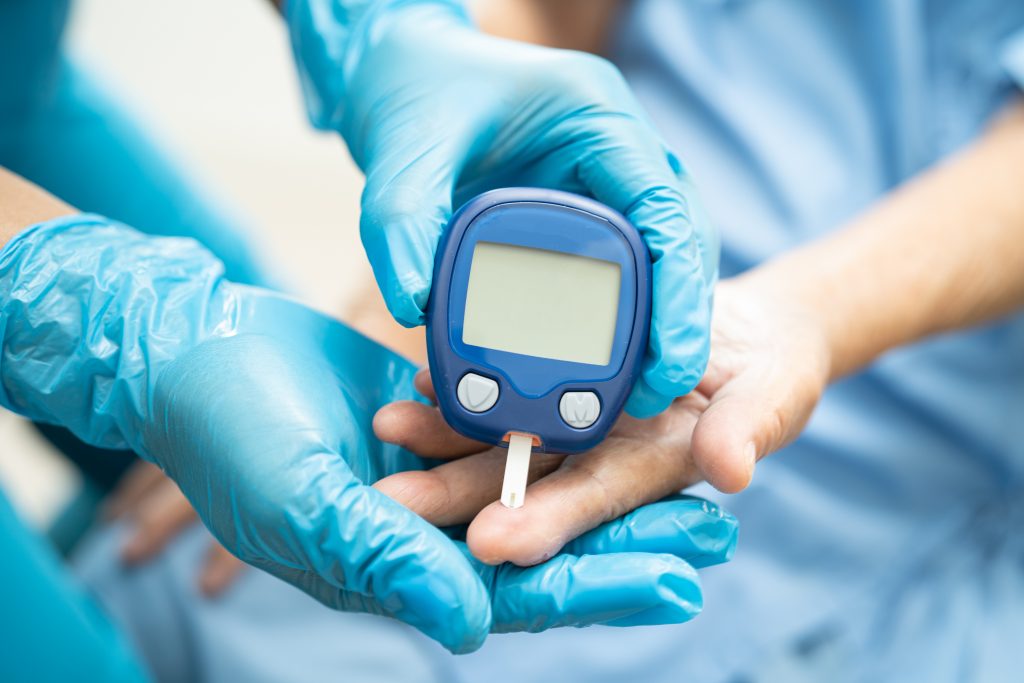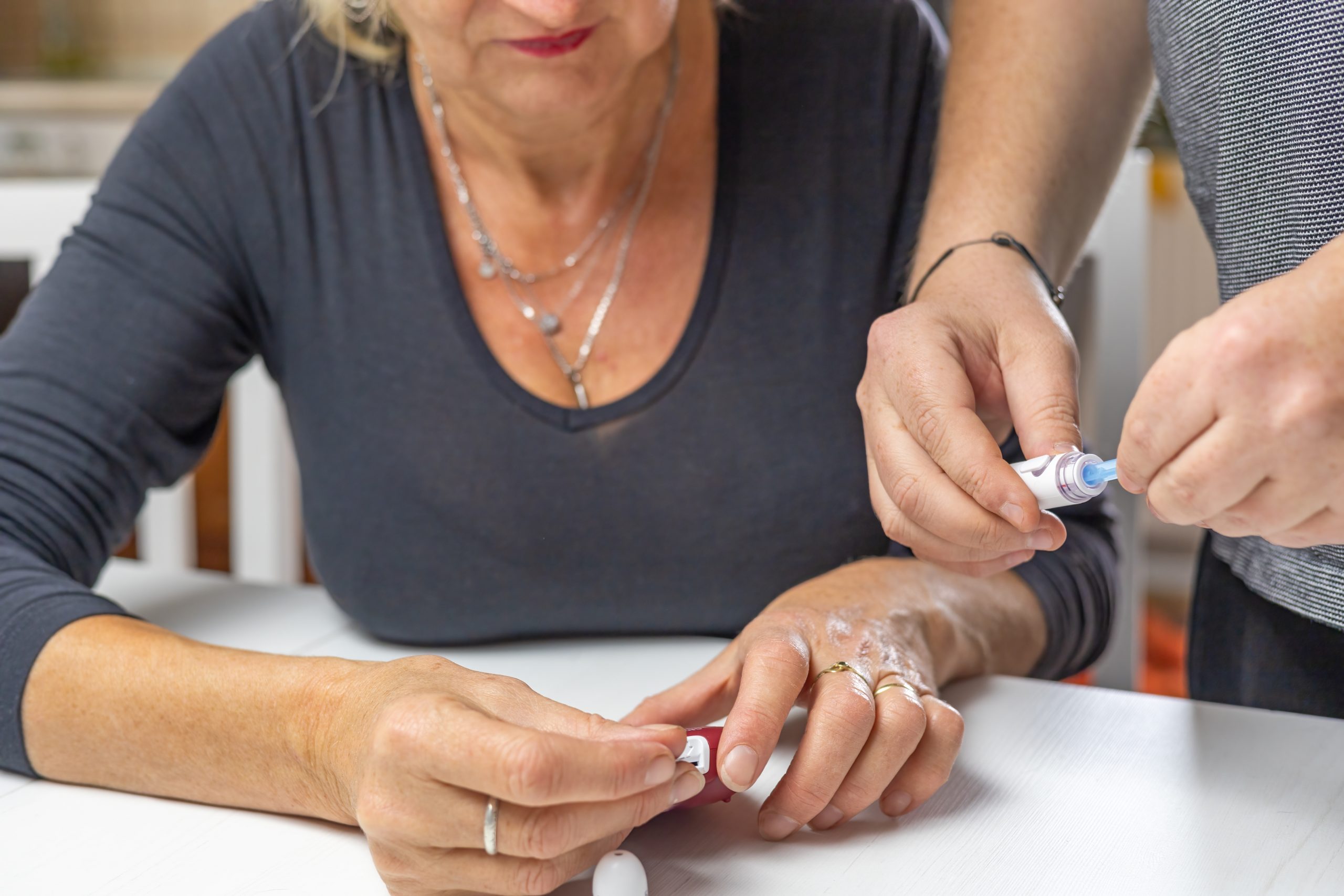When it comes to ensuring safety and compliance in the workplace, professional use drug testing is an essential tool for employers across Britain and Southern Ireland. The reliability and accuracy of these tests are paramount as they can have significant consequences on an individual’s career and, more broadly, on public safety and workplace integrity. Ensuring that the testing kits used meet stringent legal requirements and provide precise results is of utmost importance.
Employers and professionals involved in drug testing must be equipped with kits that deliver rapid results without sacrificing accuracy. The selection of non-invasive testing kits that consistently produce highly accurate findings is crucial in making informed decisions. The technology behind these kits has been refined over time to offer convenience and dependability to industries where safety is non-negotiable.
Key Takeaways
- Workplace drug testing is crucial for safety and compliance.
- High accuracy in testing kits is vital for reliable results.
- Non-invasive, fast, and precise kits are top choice for professionals.
Overview of Professional Testing Kits
Professional testing kits are indispensable tools ensuring accuracy and reliability in various fields, including healthcare, environmental monitoring, and workplace safety. Their design reflects the high-stakes demands of these sectors, where precision can greatly impact outcomes.
Types of Professional Testing Kits
Professional testing kits come in several types, each tailored to specific testing requirements. For instance, in a healthcare setting, you will find diagnostic kits designed to detect diseases, monitoring kits to manage ongoing health conditions, or screening kits that check for potential health risks. Environmental testing kits, on the other hand, help analyse soil, water, or air samples. Workplace safety is also a critical area where testing kits play a pivotal role in identifying instances of substance misuse.
 Components and Functionality
Components and Functionality
The components of professional testing kits are matched to their intended use. Typically, a kit includes a sampling device, reactive agents, and an interpretation guide. Taking a drug testing kit as an example, the sampling device might be a saliva collector or a urinalysis strip. The reactive agents are chemicals or enzymes that respond to specific substances in the sample. The results can then be determined with the help of an interpretation guide which may utilise a colour-change indicator or electronic reader to display if the test is positive or negative. The robustness and integrity of these kits ensure that your workplace safety assessments, such as implementing drug testing kits, are supported by reliable and conducive to risk-reduction strategies.
Assessment of Accuracy and Reliability
When selecting testing kits for professional use, you must consider both the accuracy and reliability of the products. These factors are critical in ensuring that the results are both correct and consistent over time.
Factors Influencing Accuracy
Accuracy in testing kits is affected by a variety of factors, including sample handling, environmental conditions, and the quality of reagents. For example, a blood glucose test must be conducted with precise sample volumes and under specified conditions to give correct readings. Imperfections in sample collection such as contamination or inadequate sample sizes can significantly skew results.
Evaluation Methods for Reliability
Reliability is evaluated through repeated trials and external proficiency testing. You can measure the reliability of testing kits by checking if they produce the same results under consistent conditions. A reliable testing kit should yield comparable results irrespective of different users or different times of the day. External proficiency testing, where samples are sent to different laboratories for analysis, can also validate the reliability of tests.
Standards and Regulatory Compliance
Lastly, compliance with standards and regulations is a cornerstone for ensuring testing kit accuracy and reliability. Manufacturers must adhere to strict regulations set by governing bodies such as the Medicines and Healthcare products Regulatory Agency (MHRA) in the UK. Compliance ensures that a testing kit meets the minimum criteria for performance and is thus considered fit for professional use. This ensures that the healthcare professionals can rely on the test results for making informed decisions.
Conclusion
Testing kits designed for professional use typically meet stringent criteria for accuracy and reliability. You must consider the reliability of laboratory testing, as it affects both the interpretation of results and subsequent clinical decisions. Professionals in clinical fields need to have confidence in their tools; hence, attributes like sensitivity and specificity are crucial metrics to ensure the efficacy of diagnostic tests. Ensuring accuracy and reliability in these test methods is paramount for quality control and regulatory demands.
You are encouraged to look at the diagnostic testing accuracy, which includes understanding the fundamental concepts such as predictive values. The effectiveness of Point-of-Care Tests (POCTs) depends largely on meeting the requirements for precision, as demonstrated in studies focusing on optimizing accuracy. In summary, the reliability of these testing kits is dependent on well-defined protocols, consistent quality assessments, and a deep understanding of the underlying statistical measures governing test performance.


